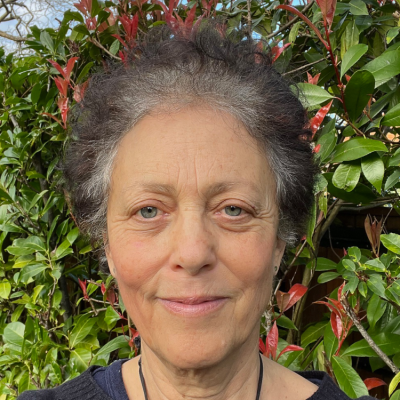Relationship is the issue
“For one human being to love another, that perhaps is the most difficult task of all.” (Rilke)
Behind many clients’ issues coming into therapy is the question of relationship; we are biologically created to live with others, and yet relationships can very often bring pain and distress. The fact that they can also bring joy, companionship and even love is the reason we go on trying. But what to do when things get stuck? When we keep on getting into conflict, or trying to avoid conflict; when we feel hurt, wronged and angry and we cannot change (or change our partner)?
As an important first step in learning how to manage difference or potential conflict, I recommend doing a body, feelings, mind check. This means getting to know what is going on when we are triggered; we take stock of ourselves by taking time out from the situation, and observing what is going on.
- In our body: we may feel ‘butterflies’ in our stomach, shortness of breath, increased heart rate, tight throat, jaw or fists, raised shoulders.
- In our feelings: we may feel anxious, irritated, hurt, furious, jealous, scared.
- In our mind: we may think ‘it’s all my fault’, ‘it’s all their fault’, ‘he’s just like my father’, ‘I need her to see my point of view’, ‘she’s idiotic’, ‘he’s so selfish’, ‘this is hell’ etc.
We then need to calm our system down. Our body is in a fight/flight response, even over a ‘minor’ situation, we are programmed to react like this from our days in the wild, but this reaction does not serve us any more. It takes up to 20 minutes for the response to calm in the system, providing we are not obsessing about the conflict but distracting ourselves.
When we come back together again, we state what we need and do not blame or criticise the other. We don’t try to win the argument – we can win the battle but eventually we will lose the war this way. If we truly follow this, very often a third way will open up that we had not thought of before, when all we could see was ‘your way’ versus ‘my way’.
As conflicts become less overwhelming, the relationship can start to feel safer, trust can build and intimacy can blossom. I have seen this happen with many clients’ relationships over the years. Take heart, it won’t happen overnight, it takes several months to change an old pattern of behaviour, but with a commitment to doing things differently this shift can happen.

Find a therapist dealing with Relationship problems
All therapists are verified professionals






